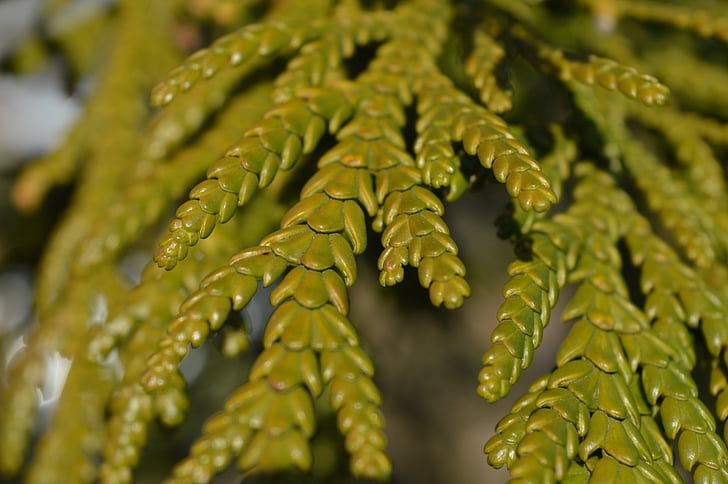The University of California, San Diego (UC San Diego or, colloquially, UCSD) is a public land-grant research university in San Diego, California. Established in 1960 near the pre-existing Scripps Institution of Oceanography, UC San Diego is the southernmost of the ten campuses of the University of California, and offers over 200 undergraduate and graduate degree programs, enrolling 33,343 undergraduate and 9,533 graduate students.
The project began several months ago when undergraduate biology students began working with a group of undergraduate chemistry students to solve a basic chemistry problem: how to make the precursor of the polyurethane foam core of a surfboard from algae oil. Polyurethane surfboards today are made exclusively from petroleum.
“Most people don’t realize that petroleum is algae oil,” explained Stephen Mayfield, a professor of biology and algae geneticist who headed the effort. “It’s just fossilized, 300 million to 400 million years old and buried deep underground.”
The chemistry students figured out how to chemically change the oil obtained from laboratory algae into different kinds of “polyols.” Mixed with a catalyst and silicates in the right proportions, these polyols expand into a foam-like substance that hardens into the polyurethane that forms a surfboard’s core.
Although the board’s core is made from algae, it is pure white and indistinguishable from most plain petroleum-based surfboards. That’s because the oil from algae, like soybean or safflower oils, is clear.
“This shows that we can still enjoy the ocean, but do so in an environmentally sustainable way,” added Mayfield.
According to medium.com; en.wikipedia.org; fastcompany.com. Source of photo: internet








